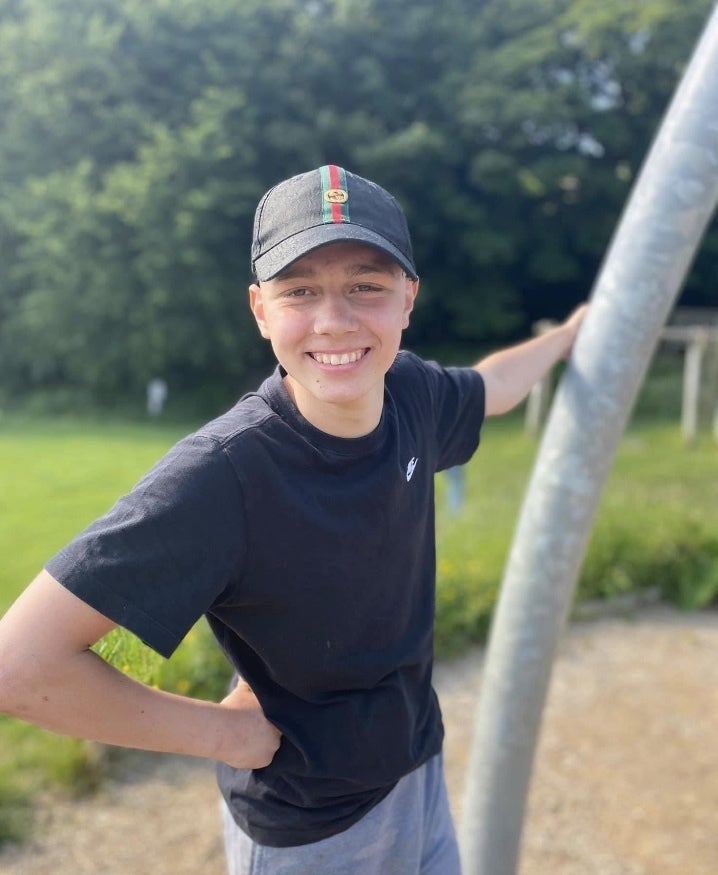Mother of teenager at centre of treatment dispute appeals for kidney donor
Ami McLennan says William Verden , 17, who has autism and is being treated at Manchester Children’s Hospital, is in a ‘race against time’.

A woman whose 17-year-old son suffers from kidney disease and is at the centre of a court treatment dispute has launched an appeal for a donor.
Ami McLennan, 45, from Lancaster says William Verden, who has autism and is being treated at Manchester Children’s Hospital, is in a “race against time”.
Specialists want a judge to decide if they can stop treating William.
Mrs Justice Arbuthnot is due to analyse William’s case at a trial in the Court of Protection where issues relating to people who lack the mental capacity to make decisions are considered, in Liverpool later this month.
The judge considered preliminary hearings at an online hearing on Tuesday.
Lawyers told her that bosses at Manchester University NHS Foundation Trust who have responsibilities for William’s care, wanted decisions on whether he should have a kidney transplant, continued haemodialysis, or whether “active treatment” should be withdrawn.
The judge heard that the withdrawal of treatment would lead to William’s death.
William’s mother does not want treatment to end.
A barrister representing William’s mother said the teenager had “very bad” kidney disease.
Victoria Butler-Cole QC told Mrs Justice Arbuthnot that William had few treatment options left and was in a “pretty dire situation”.
“With the legal case ongoing the family is now also appealing for potential life-saving donors to come forward and help William,” said a spokesman for law firm Irwin Mitchell, which represents Ms McLennan, on Wednesday.
“If a living donor can be found, William would have the best chance of a kidney transplant being successful.”
Ms McLennan said tests had shown that relatives were not suitable donors.
“If any of us could give William one of our kidneys we wouldn’t hesitate for a second to do so,” she said.
“It’s a race against time but finding someone kind enough to donate a kidney would mean the world to us.
“We know it’s an incredibly selfless act for someone to agree to and there would be assessments to ensure suitability.”
